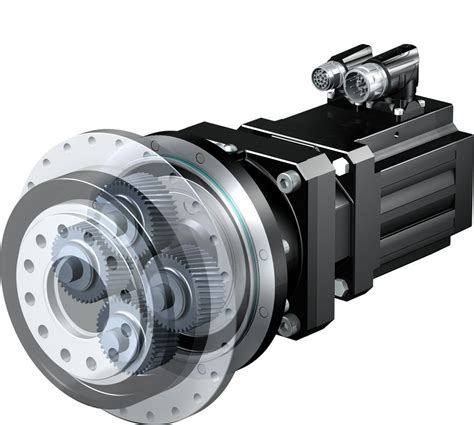The world of automation has undergone significant transformations over the years, with various technologies emerging to streamline processes, enhance efficiency, and reduce manual labor. Among these innovations, servo technology has played a pivotal role in revolutionizing the automation landscape. Servo tech has become an essential component in numerous industries, from manufacturing and robotics to aerospace and healthcare. In this article, we will delve into the world of servo technology, exploring its benefits, applications, and the impact it has on various sectors.
What is Servo Technology?
Servo technology, short for servomechanism, refers to a type of control system that utilizes feedback mechanisms to precisely control the motion of mechanical devices. Servo motors, the core component of servo technology, are high-precision motors that use feedback sensors to ensure accurate positioning and rotation. This closed-loop system enables servo motors to maintain precise control over speed, torque, and position, making them ideal for applications requiring high accuracy and reliability.

Benefits of Servo Technology
The integration of servo technology in automation systems offers numerous benefits, including:
- High Accuracy: Servo motors provide precise control over motion, ensuring accurate positioning and rotation.
- Fast Response Time: Servo systems can respond quickly to changes in input signals, enabling fast and efficient operation.
- Reliability: Servo technology is designed to operate continuously, reducing downtime and increasing overall system reliability.
- Energy Efficiency: Servo motors are designed to optimize energy consumption, reducing power waste and increasing system efficiency.
- Flexibility: Servo technology can be easily integrated into various applications, from simple to complex systems.
Applications of Servo Technology
Servo technology has a wide range of applications across various industries, including:
- Manufacturing: Servo motors are used in manufacturing systems, such as CNC machines, robotics, and material handling systems.
- Aerospace: Servo technology is used in aircraft and spacecraft systems, including navigation, control, and propulsion systems.
- Healthcare: Servo motors are used in medical devices, such as surgical robots, diagnostic equipment, and patient care systems.
- Robotics: Servo technology is used in robotic systems, enabling precise motion control and high accuracy.

How Servo Technology Works
Servo technology operates on a closed-loop system, which consists of the following components:
- Servo Motor: The servo motor is the core component of the servo system, responsible for providing precise motion control.
- Feedback Sensor: The feedback sensor provides real-time feedback on the motor's position, speed, and torque.
- Controller: The controller processes the feedback data and sends corrective signals to the servo motor to maintain precise control.

Types of Servo Motors
There are several types of servo motors, including:
- DC Servo Motors: DC servo motors use a DC power source and are commonly used in low-power applications.
- AC Servo Motors: AC servo motors use an AC power source and are commonly used in high-power applications.
- Stepper Servo Motors: Stepper servo motors use a stepper motor and are commonly used in applications requiring high accuracy.

Future of Servo Technology
As technology continues to evolve, servo technology is expected to play an increasingly important role in various industries. Advancements in areas such as artificial intelligence, machine learning, and the Internet of Things (IoT) will enable servo systems to become even more sophisticated and efficient.

Conclusion
In conclusion, servo technology has revolutionized the automation landscape, providing high accuracy, fast response times, and reliability. Its applications span across various industries, from manufacturing and aerospace to healthcare and robotics. As technology continues to evolve, servo technology is expected to play an increasingly important role in shaping the future of automation.






What is servo technology?
+Servo technology is a type of control system that utilizes feedback mechanisms to precisely control the motion of mechanical devices.
What are the benefits of servo technology?
+The benefits of servo technology include high accuracy, fast response times, reliability, energy efficiency, and flexibility.
What are the applications of servo technology?
+Servo technology has a wide range of applications across various industries, including manufacturing, aerospace, healthcare, and robotics.
